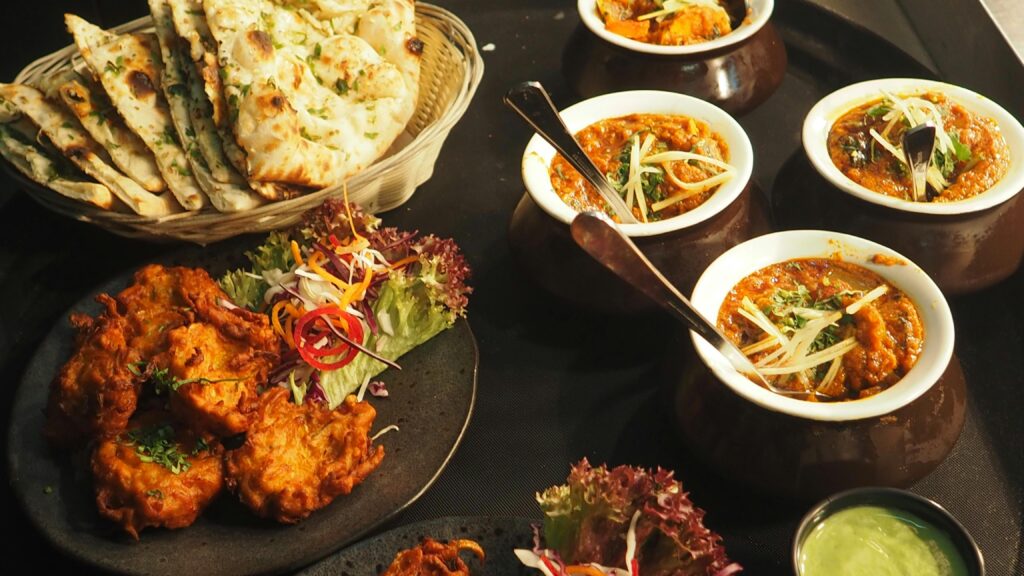When my gut was at its worst, I did what most people with IBS do: I followed the advice to “eliminate triggers.”
And eliminate I did.
Bread, onions, dairy, tomatoes, nuts, garlic, apples, beans, broccoli, eggs, rice, lentils… the list grew so long, I barely remembered what joy tasted like.
For months, I rotated between stress, hunger, guilt, and confusion.
Every bite felt like a gamble. Every meal became a math equation.
And worst of all? I still had symptoms.
That’s when I stopped trying to remove everything — and started trying to understand why my body was reacting this way in the first place.
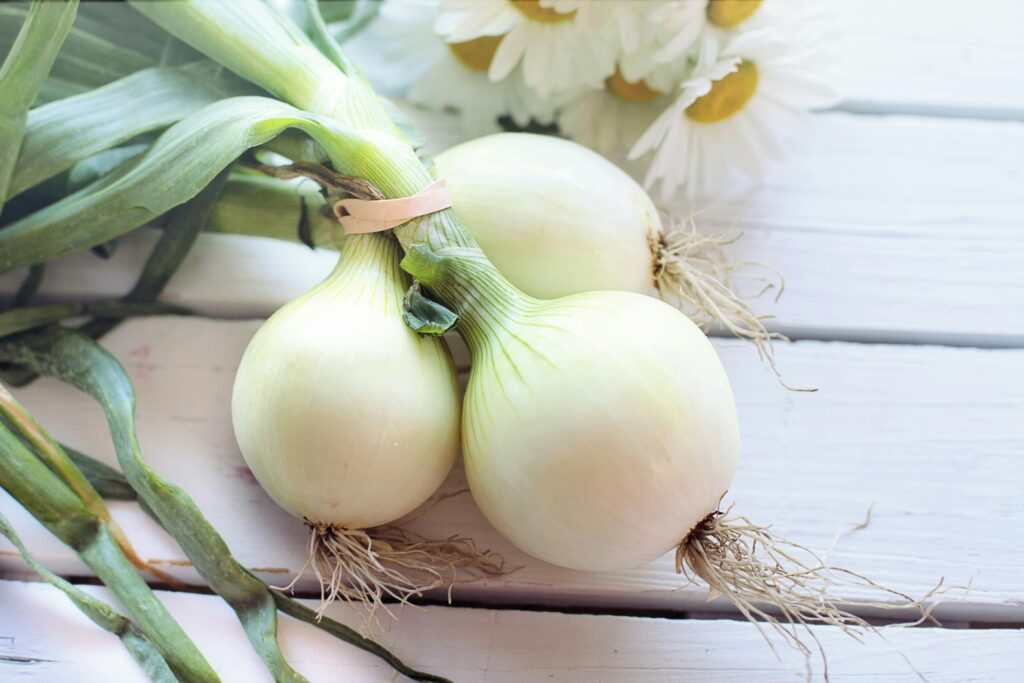
The Problem With Over-Restricting
Elimination diets can be helpful in the short term. They reduce inflammatory triggers, give the gut a rest, and help identify clear food intolerances.
But for many people with IBS or SIBO, extreme restriction brings its own problems:
- Nutrient deficiencies
- Disordered eating patterns
- Gut microbiome starvation
- Increased stress around food
- Social isolation
More importantly, restriction does not fix the root cause of why your body reacts to food.
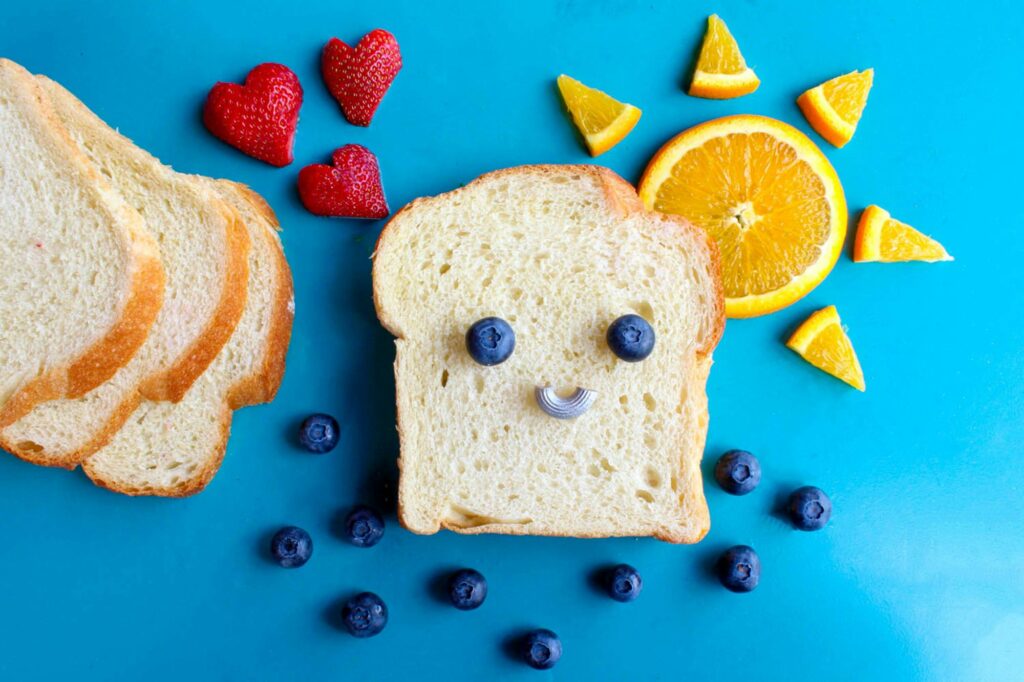
The Gut: More Than Just a Food Filter
Your gut isn’t just a place where food passes through. It’s an ecosystem — made up of bacteria, enzymes, immune cells, and nerves that constantly interact.
If your gut microbiome is imbalanced (also known as dysbiosis), or if you’re dealing with low digestive enzymes, yeast overgrowth, or chronic inflammation, then any food could cause symptoms — even “safe” ones.
That’s why some people react to kale. Or carrots. Or rice.
It’s not the food — it’s the gut terrain.
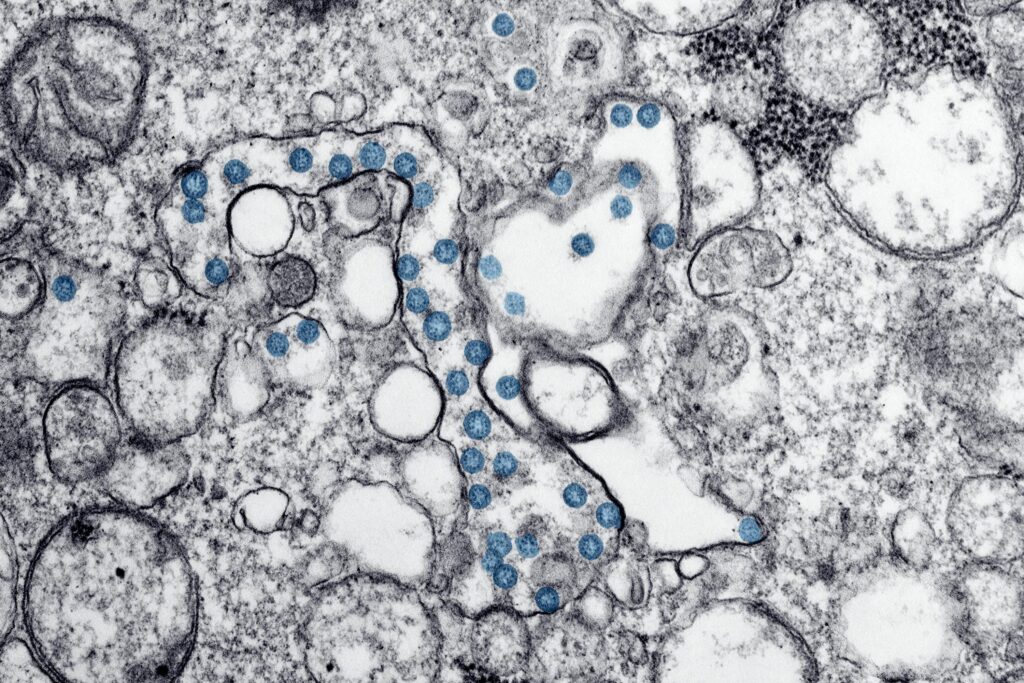
Healing the Terrain > Labeling Every Trigger
Nobody enjoys looking at an ugly web page. Garish colors, cluttered images and distracting animation caOnce I started focusing on microbiome balance, digestive support, and nervous system regulation, I noticed something wild:
I could eat more foods.
Yes, I still have a few sensitivities.
But I don’t need to live in fear.
Because my digestion isn’t broken — it was asking for help.
And I finally knew how to respond.
A Tool That Helped: Spore-Based Probiotics
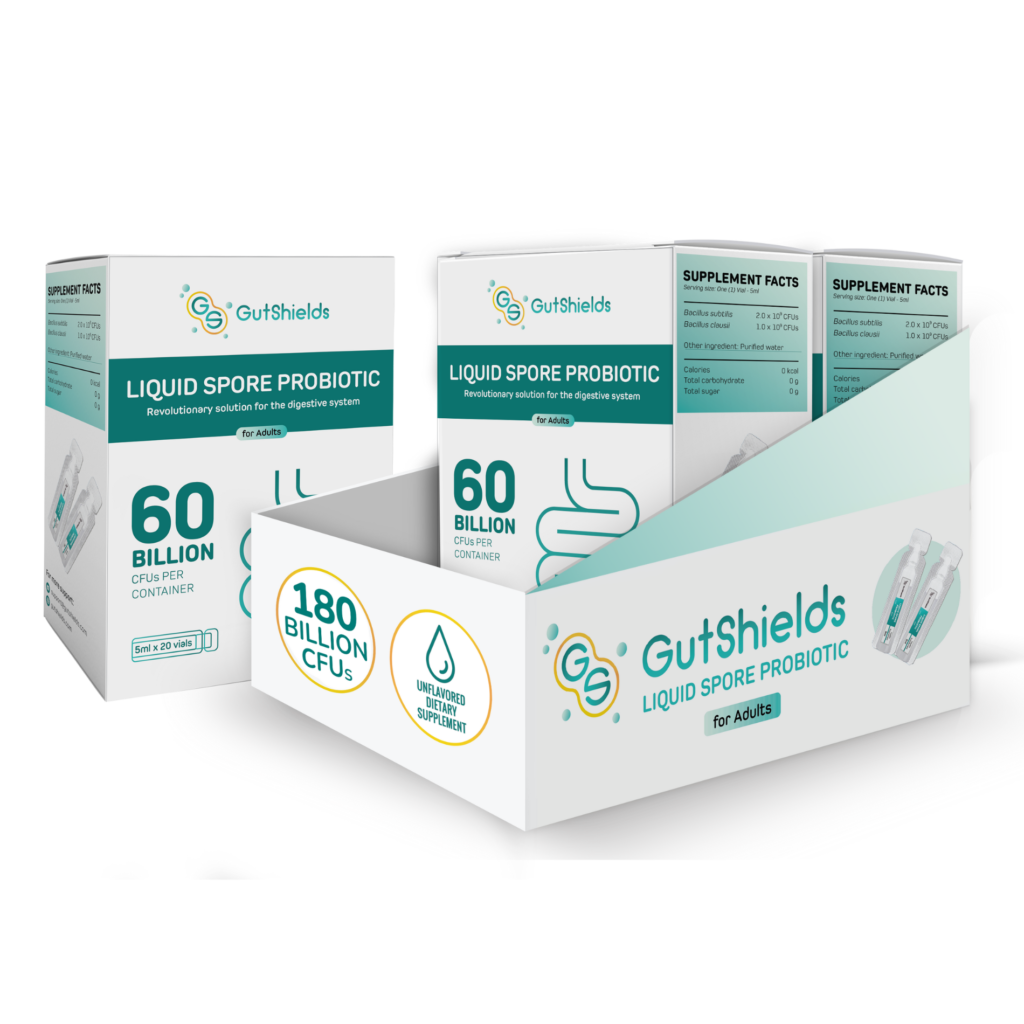
One of the most helpful tools in my journey was discovering spore-forming probiotics. Unlike traditional probiotics that die easily, these strains (like Bacillus subtilis) are built to survive and reseed the gut — even in people with IBS.
They helped me:
- Digest better
- Reduce bloating and pain
- Calm my immune reactivity
- Begin reintroducing foods with confidence
I started with Liquid Spore Probiotic from GutShields, because it was free of dairy, gluten, sugar, and filler ingredients — and gentle enough for sensitive systems.
You Don’t Need to Fear Food Forever
If your food list is getting shorter while your symptom list grows longer, know this:
The goal isn’t to fear more.
It’s to understand better.
You can calm your gut, expand your diet, and live with more ease.
And it doesn’t require cutting out 50 foods — just one shift in how you see your body.
